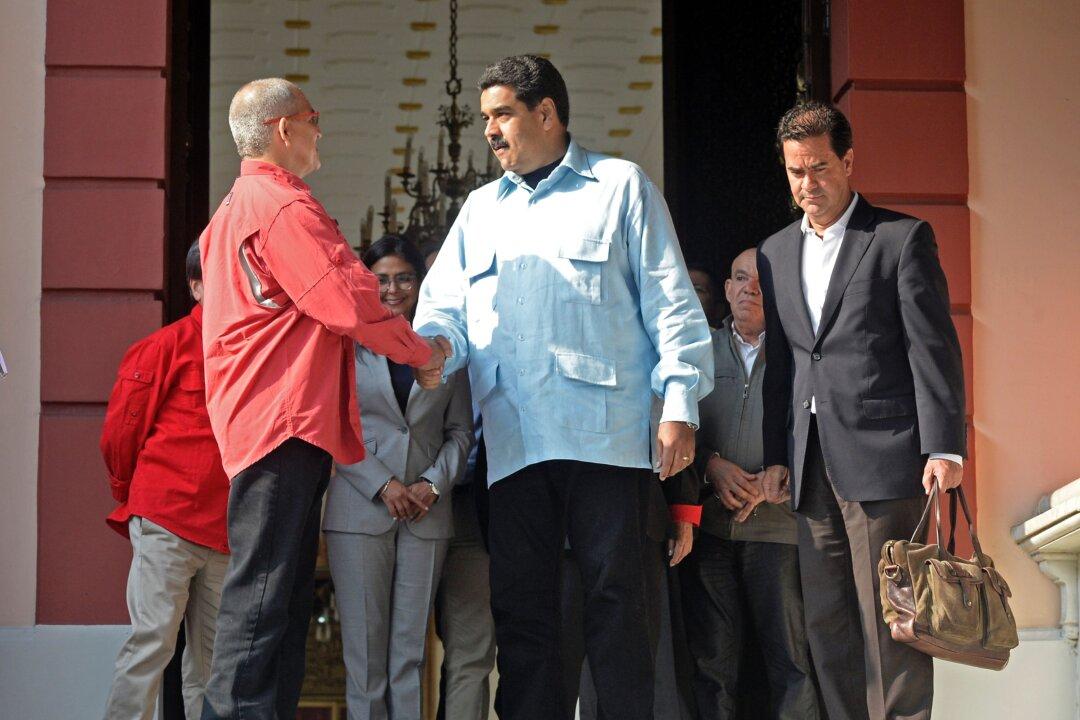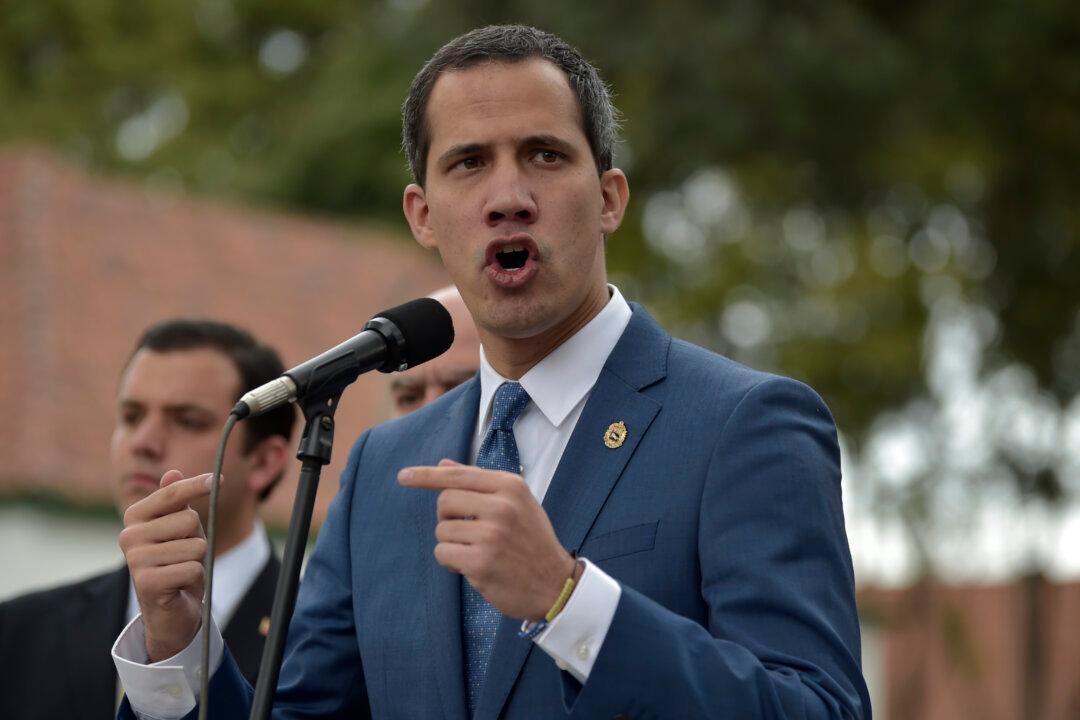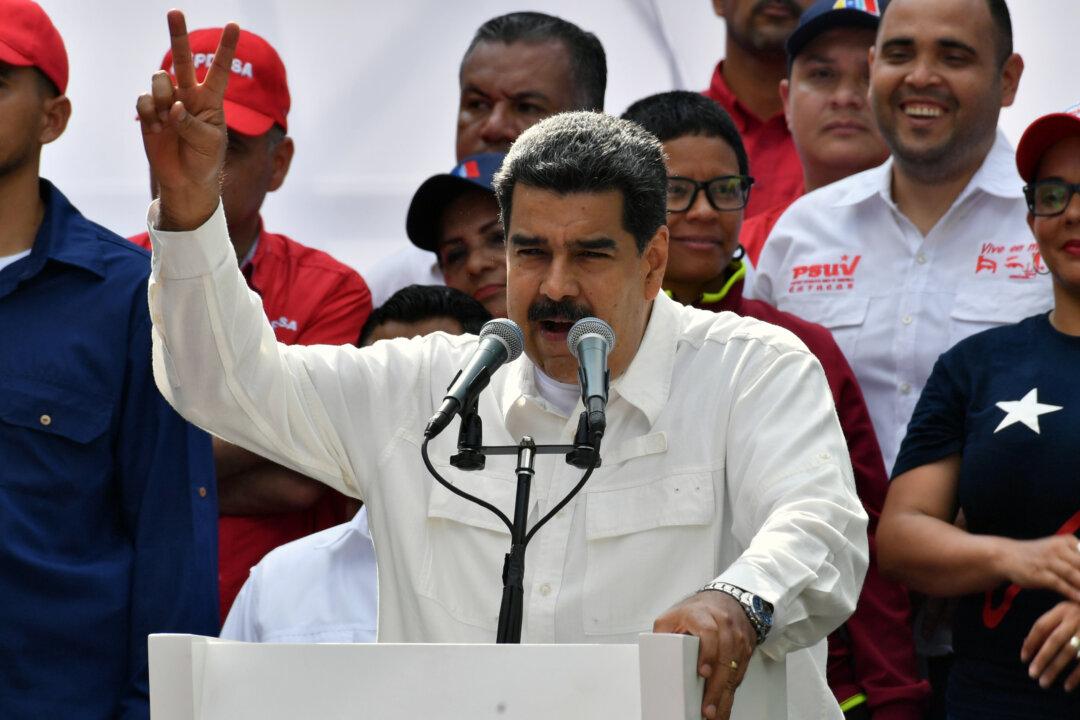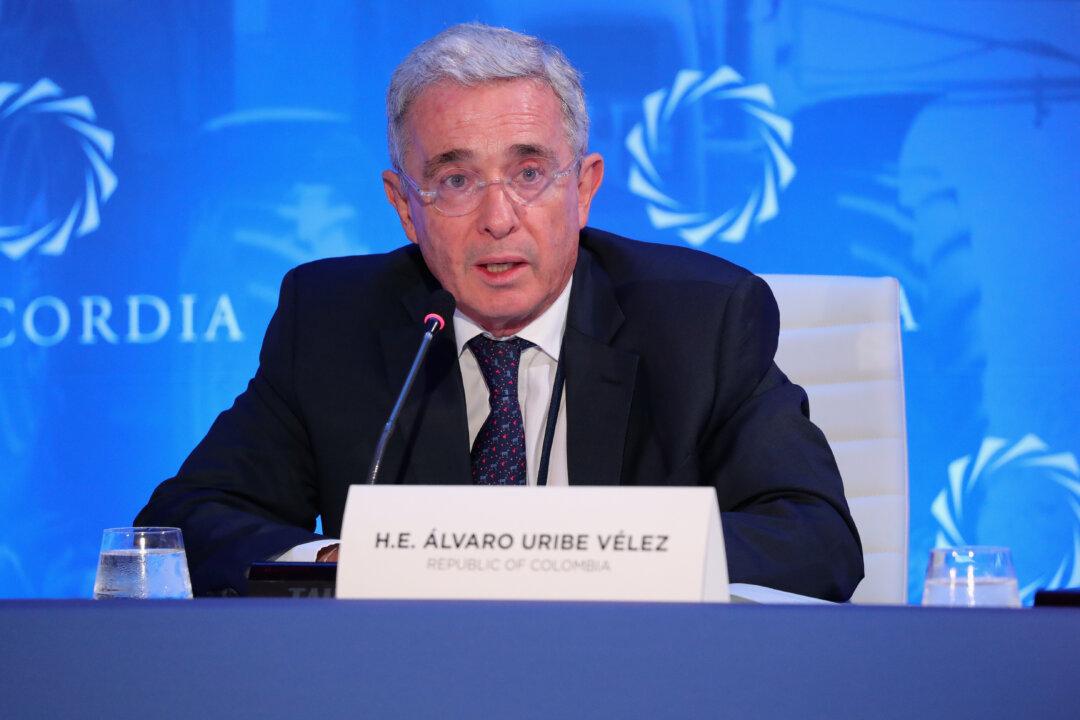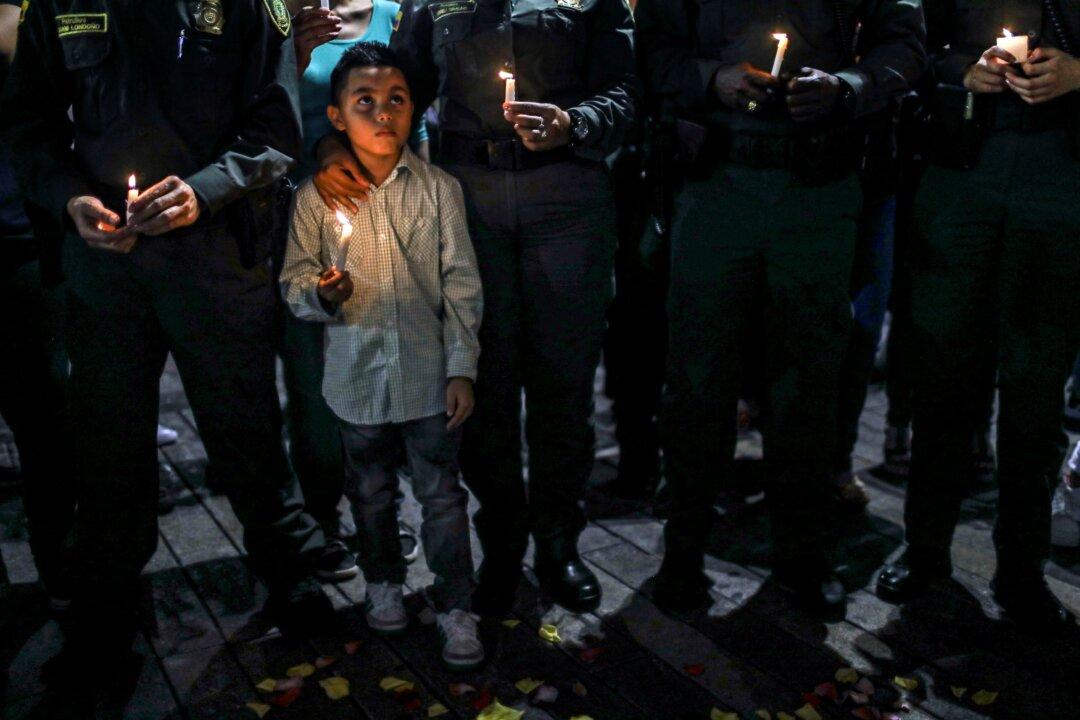BOGOTA, Colombia—As Venezuela’s crisis continues, all eyes are on Caracas, where Juan Guaidó, the opposition leader who invoked the constitution to declare himself president on Jan. 23, vies to oust Venezuelan regime leader Nicolas Maduro.
Guaidó announced March 2 that he will return to Venezuela after concluding his Latin American tour ending in Ecuador, which, along with the United States and over 50 other nations, recognizes him as the legitimate interim president of Venezuela. Observers are speculating what Guaidó’s fate would be once he lands in Venezuela and whether he would be captured by security forces, as Maduro had previously imposed a travel ban on Guaidó, forbidding him to leave the country.
